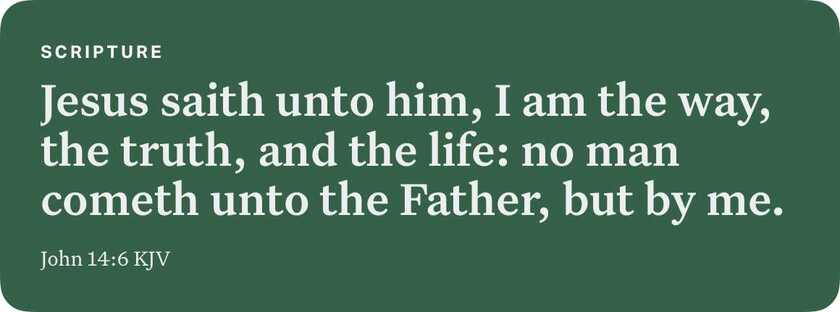I will share about Christian books I have read or listened to.
I will be sharing about my life before and after Christ. I will include stories about my pet and other pets I have encountered.
How Weakness Becomes Strength
Think of a situation you wish you could change, and then imagine what the apostle Paul must have been going through in 2 Corinthians 12.
Paul was suffering, and so he repeatedly begged God to remove his pain. But God doesn’t change Paul’s situation. Instead, God tells Paul that His “grace is enough” for him.
"Charis," the ancient Greek word for “grace,” conveyed the favor God showed humanity when He sent Jesus to earth for us.
Before Jesus, people couldn’t draw near to God on their own. But Jesus made a way for anyone to experience intimacy with God. A relationship with God isn’t something we earn—it’s a free gift we receive when we accept that Jesus died for us and rose from the dead.
So when God tells Paul that His “grace is sufficient,” what He’s essentially saying is: “I am enough for you.”
God could meet Paul’s needs because God was all Paul needed—and God was with Paul. The influence Paul had was only because God chose to show off His power through him.
Like Paul, we can then boast about how weak we are so that way God gets the credit for every great thing that happens to us.
Our situations might not change, but our cry often changes from, “God please remove this suffering,” to, “God, when I suffer—show me how You are using this for Your glory and my good.”
So whatever you’re facing, know that God is near. He sees you, and He loves you. Take some time today and ask God to show you how He is empowering you. Draw near to Him, and let Him strengthen you.
“Then all Israel gathered themselves to David unto Hebron, saying, Behold, we are thy bone and thy flesh. And moreover in time past, even when Saul was king, thou wast he that leddest out and broughtest in Israel: and the LORD thy God said unto thee, Thou shalt feed my people Israel, and thou shalt be ruler over my people Israel. Therefore came all the elders of Israel to the king to Hebron; and David made a covenant with them in Hebron before the LORD; and they anointed David king over Israel, according to the word of the LORD by Samuel. And David and all Israel went to Jerusalem, which is Jebus; where the Jebusites were, the inhabitants of the land. And the inhabitants of Jebus said to David, Thou shalt not come hither. Nevertheless David took the castle of Zion, which is the city of David. And David said, Whosoever smiteth the Jebusites first shall be chief and captain. So Joab the son of Zeruiah went first up, and was chief. And David dwelt in the castle; therefore they called it ...
















